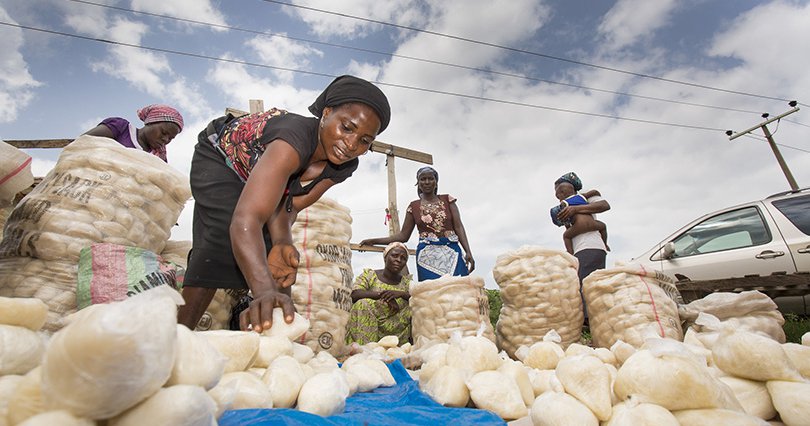
Putting returnees’ rights and needs at the forefront is a praiseworthy objective, but there was little evidence of its fulfilment in our data. We find it difficult to respond to the fact that the IOM here seems to imply that our interviewees are lying. The voices of migrants designated as vulnerable, almost entirely absent from public debate, should not be so easily dismissed.
Going beyond this particular programme, we believe the IOM could learn something from the UNHCR in this regard, more specifically its history of Policy Development and Evaluation Service (PDES) reports. These have often been highly critical and authored by UNHCR staff. In PDES reports, refugees’ “anonymous testimonies” have been considered valuable data that can potentially help the UNHCR to strengthen its operational effectiveness and enhance its capacity to fulfill its mandate. Summarily dismissing our interview data as incredulous as the IOM does in the quote above, by contrast, merely serves to protect the IOM’s brand value in the short term.
Finally, the IOM critiques us for not consulting it before publishing our findings. This suggests that the IOM’s chief of mission in Nigeria is simply unaware that the research we conducted was commissioned by the Norwegian Directorate of Immigration and that the IOM, being Norway’s implementational partner in assisted return, was in actual fact included in the project’s reference group. As such, the IOM was engaged in the project and invited to give comments to it throughout, as indeed it did on a number of occasions. Moreover, we conducted in-depth interviews with high-level IOM officials in Oslo, Norway, and in Abuja and Lagos, Nigeria, including one at the end of fieldwork in Nigeria, giving the IOM ample opportunity to correct our findings and analysis.
To sum up: It is not surprising that migrants perceive assisted return differently than the IOM. Nor is it surprising that formal policies and actual outcomes diverge. It hardly follows that our analysis is based on “inaccuracies” and “misunderstandings”. For the sake of the IOM’s service delivery and in the interest of future returnees, we do hope the IOM is more interested to benefit from external evaluations than it here lets on in public.